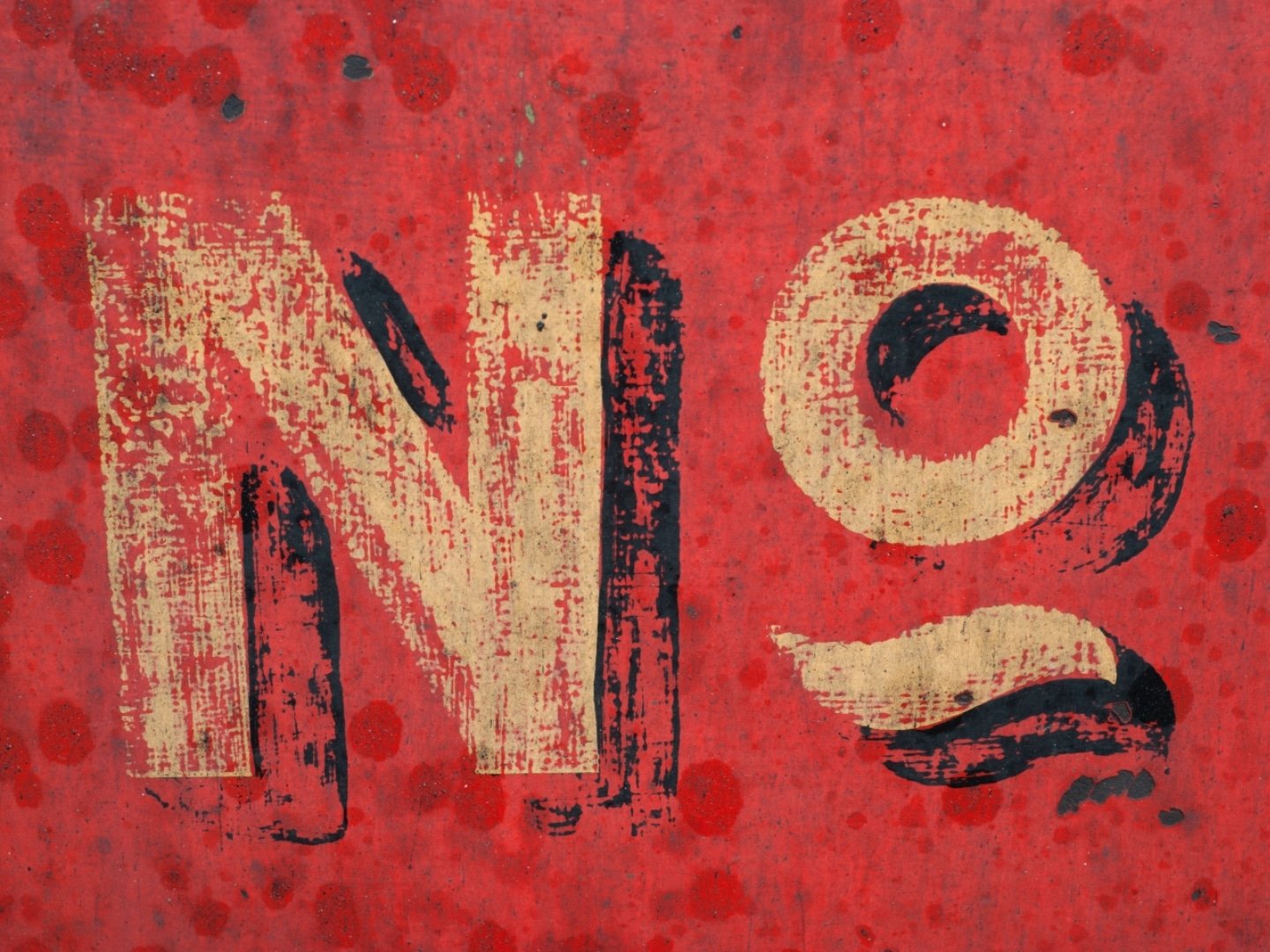
Hearing no from a prospect is a blessing of sorts. Certainly, it is not what you wish or hope for, but it clarifies and gives direction to the rest of the conversation. As a seller, once you have a definitive answer, negative or positive, you can act. Clearly, a yes is preferable and sets the course for you to proceed. However, you must realize that it’s okay to hear no, and that it reveals opportunities to challenge your expertise as a sales professional.
It's okay to hear no sooner, rather than later
“I’d rather have an honest no than an insincere yes”, said one of my sales mentors. She was referring to my failed negotiations with a vacillating prospect. Unfortunately, I had invested too much time and energy even before getting to the tough questions. With her counsel, I learned the importance of asking the tough questions first. That is precisely the advice that Evan Hackel provides in this article for franchising.com.
Try to disqualify a prospect as early as possible
Early attempts to disqualify a prospect sounds counterintuitive. However, that is exactly what the process is all about! Admittedly, this is a subjective and judgmental process, but it is a time-saver. Hackel says, “Move the tough questions up front.” In this way, the prospect will disqualify themselves. Importantly, you need to provide a realistic understanding of your product and the expectations of its users. In this way, all objections can be exposed, and the selling process can proceed. It’s okay to hear no at this stage before you have gone down the long road to refusal.
Don’t be afraid of no
Poking and prodding for a no is a wise strategy. We’ve all heard the phrase, “No is when the selling begins.” Undoubtedly, this expression has origins in truth. Further, a refusal is an opportunity to ask “why.” Hackel states that “no is the start of a valuable conversation.” And he is quick to point out that “no is also not always a no.” So, it’s okay to hear no because it just may be a new beginning. Eventually, the irritations of selling find some relief in the signposts that direct our efforts toward pursuit or exit.
When no means NO!
Qualifying goes both ways. To explain, prospects repeatedly qualify your company to see if your products or services meet their needs. They’re looking for solutions and often have requirements that are not openly expressed. Therefore, it’s okay to hear no as you expand the dialog. But what happens when you are at a stalemate? These are issues addressed by David Brock in his partners in excellence blogs. He cautions sellers that there is not a divine right to repeat business simply for being an incumbent supplier. Furthermore, winning the account as a new supplier holds even greater risk.
Winning their business is not keeping their business
Ultimately, it’s okay to hear no during the courtship, but once the deal is consummated, there is little tolerance for quarrel. However, as Brock cites, “90% of buyers change their shortlist… and 48% add new suppliers most… or all of the time.” He continues with important questions for suppliers to consider:
- Can we fulfill our commitment?
- Do we understand their priorities and concerns?
- Are we invested in their success?
Sellers invest time and energy. Buyers invest trust and treasure
The two-way street of business relationship is never more rewarding than in the agreement to conduct business together and the mutual success of both partners. The adventure is fraught with tension and stress and rarely without a no. Consequently, no is a fantastic answer to a question that holds much promise.
In his book, "SalesCred," our CEO C. Lee Smith writes that sales credibility is how the buyer qualifies (or disqualifies) the seller. Credibility is the very thing that determines whether the buyer replies to your email, agrees to take a meeting or decides they want to do business with you.
Photo by Gemma Evans on Unsplash
